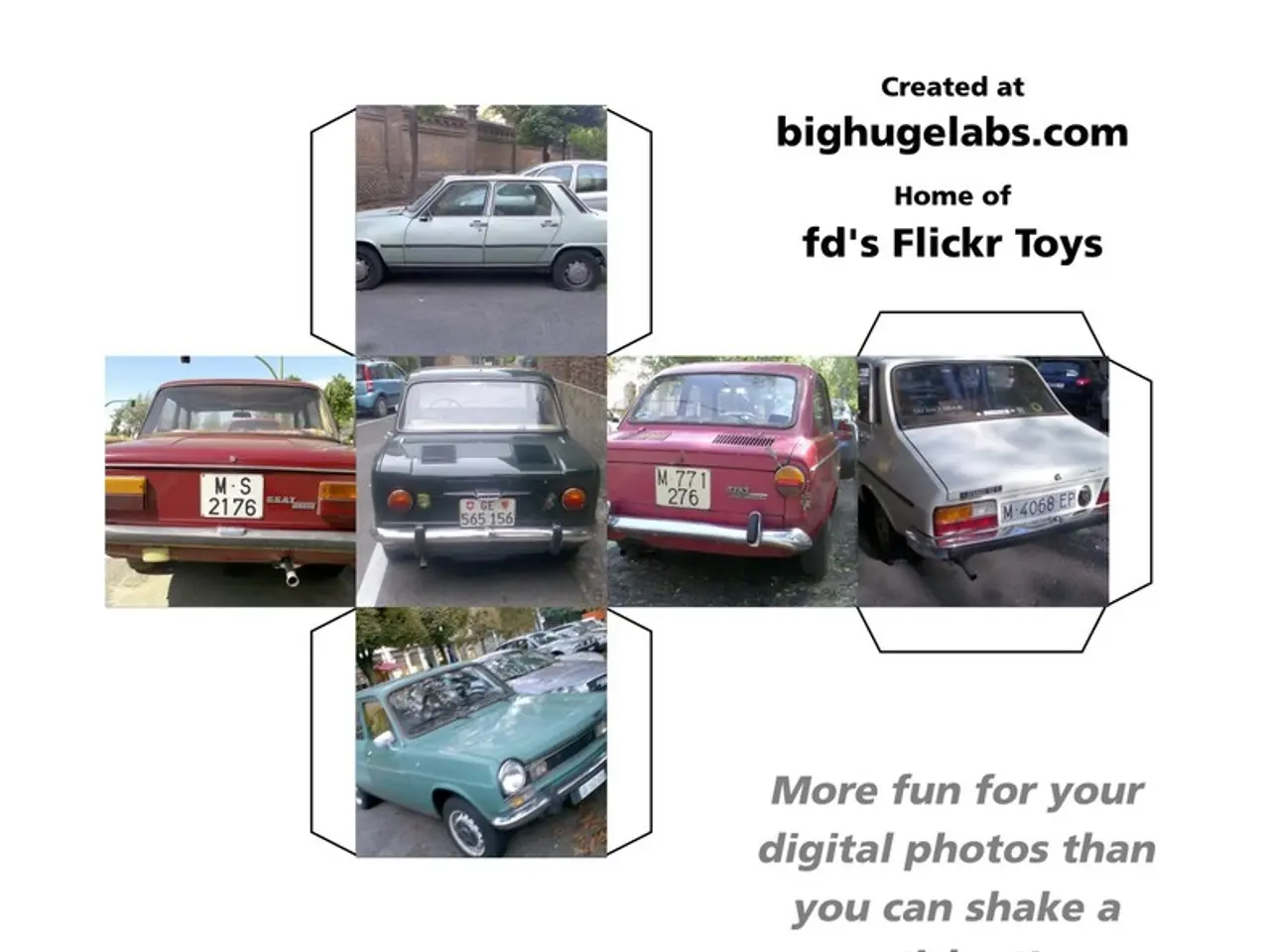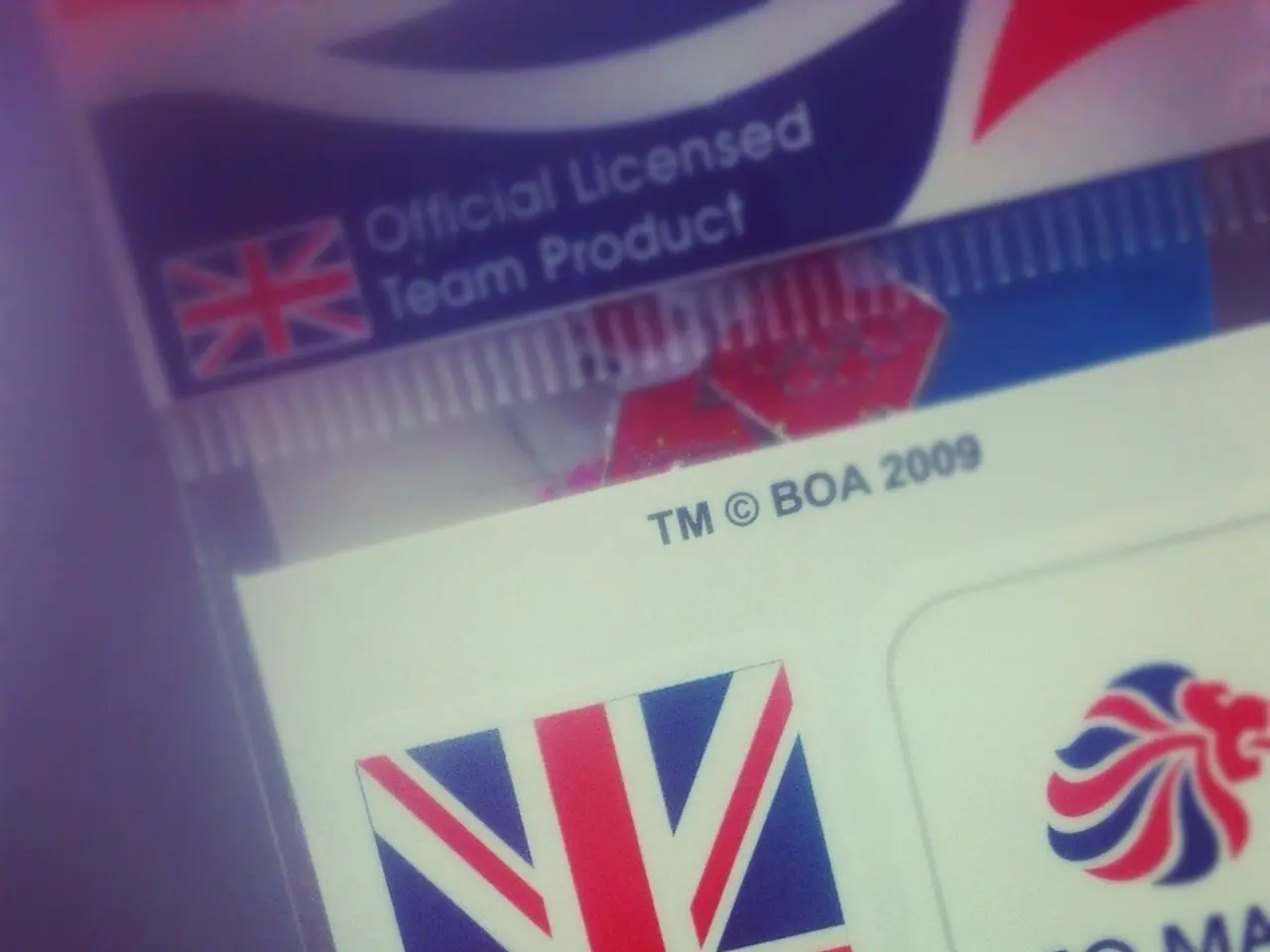Leading Brands in the Automotive Industry: Mercedes-Benz, Audi, Tesla, GMC, Ram, and Dodge Rank High Among Top Auto Websites
2025 U.S. Manufacturer Website Evaluation Study by J.D. Power Reveals Key Factors for Automotive Website Success
The 2025 U.S. Manufacturer Website Evaluation Study by J.D. Power has shed light on the essential factors that contribute to customer satisfaction with automotive manufacturer websites. The study, which surveyed 11,863 new-vehicle shoppers, found that customer satisfaction depends primarily on five key factors: visual appeal, navigation, speed, vehicle research, and research tools.
According to the study, sites lacking foundational elements in these areas experience decreased consumer satisfaction. In terms of rankings, Mercedes-Benz leads premium manufacturer websites with a score of 788, followed by Audi and Tesla tied at 758 each. Among mass market brands, GMC ranks highest at 728, with Ram and Dodge following.
The importance of meeting basic digital standards for speed, design, and usability is underscored by the study, with 32% of mass-market car brand websites and 38% of premium-brand sites failing to meet these standards. Meeting these standards is crucial for customer satisfaction, as sites that fail to do so risk losing customer engagement and satisfaction.
The study also highlights that even as automakers invest in electrification, AI-driven features, and autonomous technology, their websites may not be keeping pace with broader digital expectations. A well-designed homepage is insufficient if customers cannot easily access vehicle specs or build-and-price tools. Speed, clarity, and functionality are still key elements in the digital experience for automakers.
Some automakers, like Tesla, have already adopted a direct-to-consumer model, while others are still in transition. Regardless of the business model, a strong digital presence is critical for automakers in the race to capture consumers online.
The study's key findings are as follows:
| Key Finding | Impact on Consumer Satisfaction | |------------------------------------------|--------------------------------------------------| | Visual appeal is the most important factor | Engages users and creates positive first impressions | | Easy navigation and fast loading speeds | Reduce frustration, improve usability | | Comprehensive vehicle research features | Empower informed decision-making | | Effective research tools | Enhance interactivity and personalization | | Brands with strong website experience rank higher in satisfaction | Increase likelihood of consumer retention and purchase |
These insights guide automakers to focus on foundational web elements to boost customer satisfaction and effectively support the online shopping experience.
J.D. Power, founded in 1968, has expanded its role to offer advanced analytics and artificial intelligence tools to clients, providing valuable insights to help businesses improve their digital strategies. The study serves as a reminder for automakers to prioritise website functionality and usability to keep pace with consumer expectations and drive customer satisfaction.
- In the race to capture consumers online, even as automakers invest in electrification, AI-driven features, and autonomous technology, they must ensure their websites do not lag behind in terms of meeting basic digital standards, such as speed, design, and usability, as sites that fail to do so risk losing customer engagement and satisfaction.
- As J.D. Power's study reveals, while a well-designed homepage is crucial, it is equally important for automotive websites to offer comprehensive vehicle research features and effective research tools, as these enhance interactivity and personalization, empowering informed decision-making and driving customer satisfaction.




